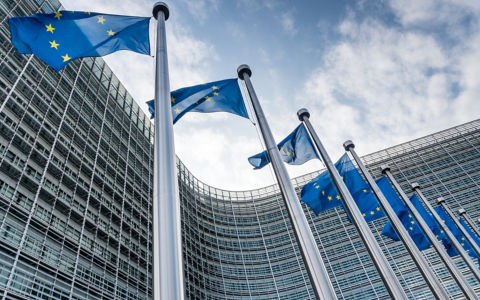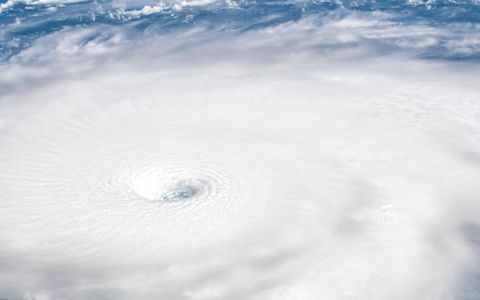A new geopolitical pattern
I believe the current standoff between Russia and the West over Ukraine is part of a global geopolitical pattern of “great-power” competition. As I explore in my 2022 Outlook, the geopolitical backdrop is becoming increasingly unpredictable and dangerous. This shift is driven primarily by US-China rivalry but also other structural factors such as domestic political polarization, and longer term, the growing impact of climate change on national security. In this new geopolitical reality, I think great powers will be more likely to act out of regional and global self-interest, especially in relation to geostrategic issues they consider core to national security. For Russia, Ukraine is such a critical security consideration and part of its wider strong geostrategic desire for cultivating “buffer states.” Accordingly, the Russian invasion threat to Ukraine is real, structural, and rooted in this emerging world order.
Long-term investment implications
I believe this current crisis is only the first chapter in a series of coming territorial disputes/potential military crises — with the most notable flashpoints being Taiwan, the South China and East China Seas, North Korea, and Iran. Investors will need to be ready to navigate the fallout of these crises as well as the shifting policy backdrops that result from increasing geopolitical competition. This more uncertain “new normal” will, in my view, provide structural support for defense spending globally and a continued policy focus on “strategic sectors” that are on the frontlines of shifting military doctrines. I also expect a deepening focus on cyber threats to governments and corporate entities and increased attention to the growing intersection of climate change and national security.
What next?
I think the current crisis is symptomatic of the heightened geopolitical unpredictability that investors will have to learn to live with. The situation is extremely fluid and is likely to remain so over the coming weeks, with the West struggling to decipher Russia’s intentions. The range of potential outcomes is uncomfortably wide, with a real danger of miscalculation by the different actors. I therefore do not think we can exclude the risk of limited physical incursions into Ukraine by Russia. And while the likelihood of a full-scale invasion, in my view, is more limited given the high costs it would impose on the Putin administration, broader geopolitical and geostrategic concerns may trigger a more aggressive military response from Moscow. As for positive indicators, I think the fact that talks continue suggests that some form of de-escalation and a mutually beneficial path forward could still be agreed.
More broadly, I think that at this stage the deepening crisis is a positive for Russia’s geopolitical influence: enabling Vladimir Putin to deal directly with the US, keeping Europe divided, and pushing up energy prices while maintaining Moscow at the center of Europe’s energy needs. What the longer-term outcome will look like is hard to gauge at this juncture. It will ultimately depend on the scale of Russia’s actions and the way the West responds. And the latter is complex. As well as overcoming internal divisions, the US and Europe need to find ways of ensuring sanctions have a real bite without causing too much damage to their own economies. “Nuclear options” such as barring Russia from the SWIFT payment system or sanctioning Russia’s central banks, for instance, could lead to higher energy prices and inflation in Europe and beyond.
The broader investment implications I am monitoring from here onward, include:
- The depth and cohesiveness of the US/European sanctions response to Russian military action;
- The implications for European energy supplies as well as inflation rates in Europe and beyond;
- The likely significant Russian cyber responses to US-led sanctions;
- China’s response to a Russian invasion;
- The geopolitical credibility of the US, especially given its disorderly exit from Afghanistan; and
- The ramifications for the US domestic policy agenda and the midterm elections.
You can find additional context on the year ahead in my 2022 Outlook.














